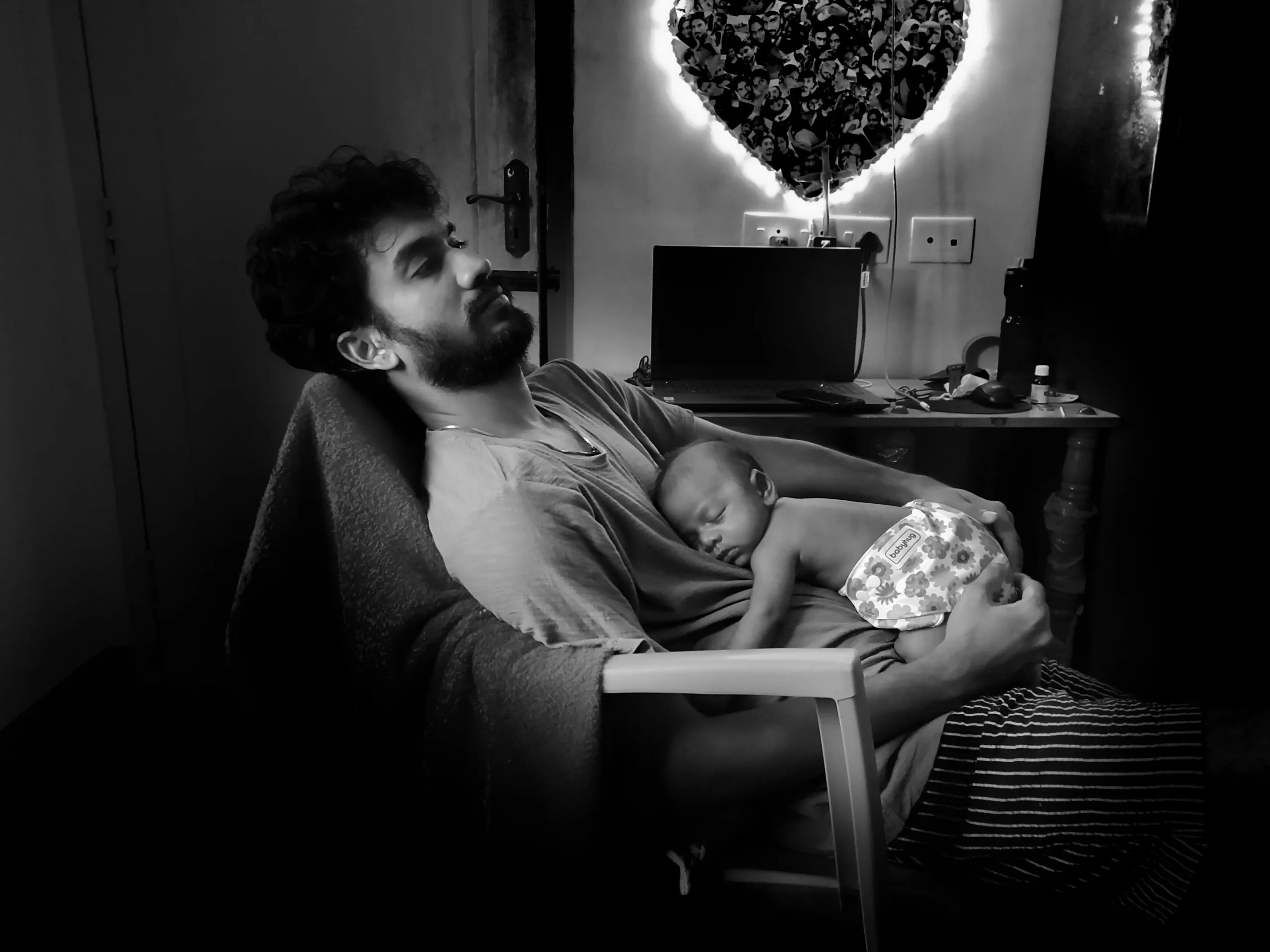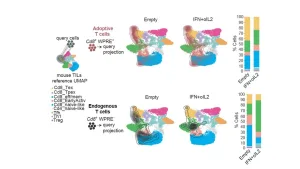Shattering Stereotypes: Are Women Really Hardwired to Wake Up to a Baby’s Cry?
For generations, it’s been a common assumption: mothers possess a unique, innate ability to rouse from sleep at the slightest whimper of their child, while fathers slumber on. But a groundbreaking new study from Aarhus University is turning this long-held belief on its head.
The Study’s Surprising Findings
Published in the esteemed journal Emotion, the research directly challenges the notion that women are biologically predisposed to be more sensitive to a crying baby during sleep. The study’s authors suggest that the difference in responsiveness might not be due to inherent biological differences, but rather to other factors.
Exploring Alternative Explanations
So, if it’s not hardwiring, what could be the reasons behind this perceived difference? Here are a few possibilities:
- Social Expectations: Societal norms often place the primary responsibility of childcare on mothers, potentially leading to heightened awareness and a feeling of obligation to respond.
- Conditioning: Through repeated exposure to caring for a baby, mothers may become conditioned to recognize and react to specific sounds and cues.
- Division of Labor: In many households, mothers handle the majority of nighttime feedings and care, naturally increasing their sensitivity to the baby’s needs.
Implications of the Research
This study provides food for thought, prompting us to re-evaluate deeply ingrained assumptions about gender roles and parental responsibilities. It encourages a more nuanced understanding of the factors that influence parental responsiveness and highlights the importance of shared childcare responsibilities.
Final Words
The Aarhus University study serves as a powerful reminder to question conventional wisdom and consider the complex interplay of social, environmental, and psychological factors that shape our behavior. It opens the door for further research into the science of parenting and promotes a more equitable distribution of childcare duties.



+ There are no comments
Add yours